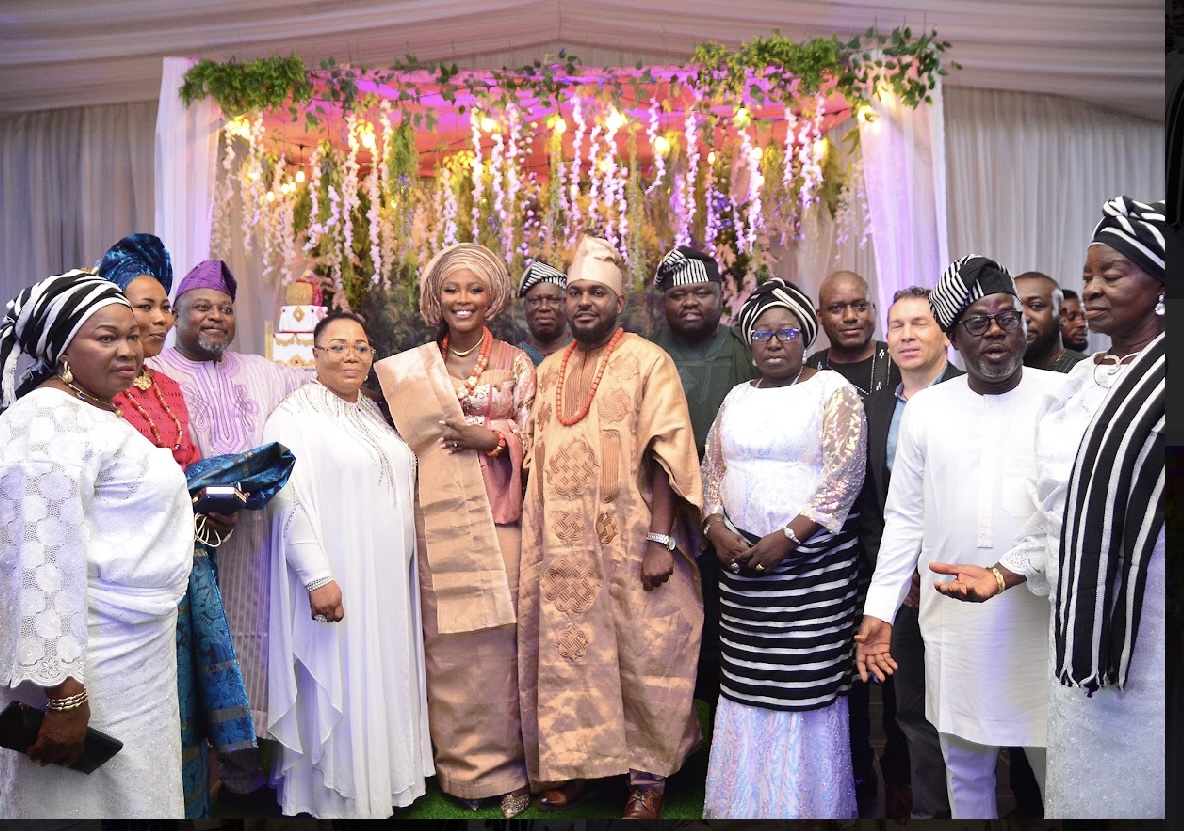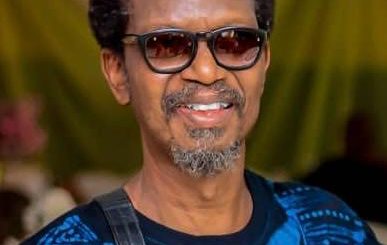Tambuwal Released; Atiku, ADC Condemn Arrest, Say EFCC Now Political Tool
The Economic and Financial Crimes Commission has granted bail to former Sokoto State Governor, Aminu Tambuwal, after questioning him over alleged fraudulent cash withdrawals totalling N189bn.
Tambuwal was interrogated by investigators and subsequently detained at the commission’s corporate headquarters.
According to EFCC sources, the withdrawals are suspected to contravene the Money Laundering (Prevention and Prohibition) Act, 2022.
The remarks come amid the Economic and Financial Crimes Commission’s (EFCC) detention of former Sokoto State governor Aminu Tambuwal over alleged fraudulent withdrawals totalling about N189 billion.
In a statement posted on his verified Facebook page yesterday, Atiku argued that the EFCC has been transformed into a political tool. He suggested Tambuwal’s detention is driven by his participation in the coalition that aims to challenge Tinubu in the 2027 elections.
“The only reason the EFCC has detained the former governor of Sokoto State, Senator Aminu Tambuwal, is because he is a member of the opposition coalition. It is a continuation of the Tinubu-led administration’s agenda to harass, intimidate and decimate the opposition,” Atiku said.
He added, “The reality unfolding before us today is that the Tinubu administration, as with other aspects, has objectified the fight against corruption as a political tool to coerce opposition leaders into the ruling party. We are witnessing a growing trend where the state and its operators have assumed the role of a bully by making corruption and the fight against it a political agenda. Certainly, that is not the objective for which I worked hard during our administration to create the EFCC.”
Atiku stressed that fighting corruption requires broad-based support, and using it as a political weapon should be condemned by civil society and Nigeria’s international partners.
ADC’s take and EFCC response
The African Democratic Congress (ADC) also weighed in on Tambuwal’s detention, warning against the politicisation of the EFCC’s work and accusing the agency of conducting media trials designed to harass opposition leaders on behalf of the APC.
In a statement by National Publicity Secretary Mallam Bolaji Abdullahi, ADC criticised the “urgent” probes into the seven-month tenure of former Imo State governor Emeka Ihedioha. The party described these moves as a calculated effort to discredit opposition figures ahead of the 2027 elections, arguing that “a fight against corruption that targets only the opposition is not justice; it is persecution.”
ADC questioned the timing of the investigations, noting that Tambuwal, Ihedioha, and ADC chairman David Mark left office years ago. It asked why APC members with more recent, well-documented corruption cases appeared untouchable and why EFCC files on those individuals were left gathering dust.
EFCC’s response
In response to ADC’s allegations, EFCC stated that it is non-partisan and applies the law equally, regardless of political affiliation. Dele Oyewale, Head of Media and Publicity, emphasized that investigations are guided by evidence, not politics, and that “fraud is fraud, corruption is corruption. There is no sacred cow, protected interest or partisan consideration in the investigation and prosecution of corruption.” EFCC dismissed ADC’s claims as self-serving and diversionary, reiterating that every corruption allegation deserves scrutiny, with no time constraints on criminal investigations.
The EFCC also noted that it is currently examining several senior figures from the APC, including sitting governors and ministers.
Commentary and context
- The controversy highlights a broader debate about the independence of anti-corruption agencies in Nigeria and their role in political contests.
- Critics argue that anti-graft bodies can be weaponised to sideline political opponents, while supporters maintain that investigations proceed on evidence, irrespective of party affiliation.
- As the 2027 elections approach, scrutiny of EFCC activity and the timing of investigations is likely to intensify, with opposition parties demanding transparency and fairness.



